Globe Artichoke, Yáng Jì, 洋蓟, Cynara Cardunculus Scolymus Folium
Disclaimer For educational purposes only. Do not use as medical advice
In China, it's common practice to boil artichoke for the juice, but throw out the parts. Castroville, California claims to be the Artichoke Capital of the World. In 1947 Marilyn Monroe, then still going by her given name Norma Jean, was crowned Castroville’s first Artichoke Queen. Artichoke is one of the most popular flavors in bubble tea shops. Artichoke is the main flavor in the 33-proof Italian liqueur called Cynar. Artichokes helps to increase digestive bile and nourish the digestive tract. Artichoke can relieve the symptoms of irritable bowel syndrome, bloating and constipation. Artichoke extracts are used in Europe for dyspepsia and indigestion from a greasy meal. Protects the liver from toxicity. Artichoke is listed in the following pharmacopeias:German Commission E 1992 • Martindale Extra Pharmacopoeia 1972 • British Herbal Pharmacopoeia 1996 USA: Cynara scolymus has been introduced in California and Arizona. USDA Zones: 7-11 Native: North Africa and Southern Europe Habitats: Full sun, moist soil. Tonight, I made artichoke soup, where I drank the soup and dined on the yummy artichokes. The soup was totally tasty. Here's the gist of my recipe. It's more like artichoke vegetable stew. — Recipe Artichoke soup: 2 artichokes (cut in quarters, remove choke -fuzzy part) 6 left over chicken leg bones (or 32 oz chicken broth) 1 apple 1 cup onion 1/4 teaspoon of Italian seasoning or other herbs Salt to taste Toss them all in a pot and bring to boil, reduce to low heat for an hour. Other recipes: Simply roasted artichokes, Ultimate stuffed artichoke, Artichoke Soup Preparation Methods: Chinese preparation Martha Stewart preparation Herbal medicine may interact negatively with pharma drugs and other herbs. Examples below: Herbs: ♦ Antidiabetic: Mei Gui Hua, Du Zhong, Dang Shen, HuoLong Guo, rougui, Celery, Chamomile, Moringa Tree, Basil, Ku Gua, Hibiscus, Gou Qi Zi, Ju Hua, Xia Ku Cao, Dang Gui, Zhi Mu, Shi gao, Xuan Shen, Cang Zhu, Shan yao, Huang Qi, Artichoke, Gan Cao ♦ Diuretic: Heal All, Bai Zhu, Huang Qi, Da Fu Pi, Ma huang, Du Zhong Pharma Drugs:♦ High cholesterol drugs: Crestor, Zocor, Lipitor, Zetia, Pravastatin, Livolo, Niacin, atorvastatin, Vytorin, Altocor ♦ Diuretic: Acetazolamide, Aldactone, Amiloride Hydrochloride, Bumex, Diuril, Diulo, Demadex, Dyrenium, Edecrin, Enduron, Hydrodiuril, Hygroton, Lasix, Lozol, Methazolamide, Mykrox, Zaroxolyn ♦ Antidiabetic: Acarbose (Precose ) , Albiglutide (Tanzeum) , Alogliptin (Nesina) , Bromocriptine mesylate (Cycloset , Canaglifozin (Invokana) , Chlorpropamide (Diabinese) , Dapagliflozin (Farxiga) , Dulaglutide (Trulicity) , Empagliflozin (Jardiance) , Glimepiride (Amaryl) , glipizide (Glucotrol) , Glyburide (DiaBeta , Glynase) , Insulin , Linagliptin (Tradjenta) , Metformin , Miglitol (Glyset) , Nateglinide (Starlix) , Parlodel) , Pioglitazone (Actos) , Pramlintide , Repaglinide (Prandin) , Rosiglitazone (Avandia) , Saxagliptin (Onglyza) , Sitagliptin (Januvia) , Tol-Tab) , Tolazamide (Tolinase) , Tolbutamide (Orinase)
Health Benefits
For: Diabetes • Urination difficulty • Shao Yang disease • Cholesterol • Indigestion • Gas and bloating • IBS • Liver Disease
Attributes: Hypoglycemic • Anticholesterol • Antiemetic • Cholagogue • Choleretic • Diuretic • Hepatoprotective • Detoxifying
Products (online examples)
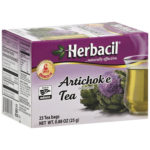



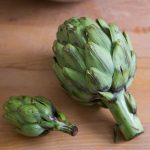
Photos (Click to enlarge)
Fun Facts
Other Names: Cynara
Plant Family: Asteraceae
Species
None noted
Growth
Cynara scolymus is in the USDA Plant Database. Drill down via USDA Interactive Map:
Remarks
I've enjoyed artichokes for as long as I can remember - mostly as a delivery mechanism for delicious salty garlic butter. I've steamed, baked, and boiled them with many recipes over the years -never knew its medicinal benefits until recently. I've always eaten the artichoke and discards the liquid I cooked it in. Funny story: A month ago, an aunt was visiting from China. While having dinner at her house, she served a clear broth that she touted as some special American plant having multiple health benefits, especially for diabetes. She claimed to have boiled them for a couple of hours in low heat. I took a sip and realized that she was talking about artichokes (can't miss the flavor of artichokes). I looked at the clear broth and asked "where's the artichoke?" She gave me a quizzical look and said, "the leaves are not edible. They're in the pot. The broth is the what's important." So they've been preparing artichoke soup for years, but never eating the artichoke!
Properties, Actions, Indications, etc. Category: Clear Heat Dry Dampness
English: Globe Artichoke Pinyin: Yang Ji Pharmaceutical: Cynara Cardunculus Scolymus Folium
Organs: Liver • Gallblader • Stomach Temperature: Cold
Taste: Bitter • Pungent Toxicity: Can be eaten as vegetable
Patterns: Scanty urination • Internal heat • Dampness • Shao Yang disharmony • Wasting and thirst syndrome
Actions: Release exterior • Promote urination • Dry dampness • Clear depression
Indications: Difficult urination • Diabetes • Internal heat • Dampness
Contraindications: Diuretic drugs • Diabetes medication • Cholesterol pills
Typical Dosage: Guidelines
Parts Used: Young flower heads, leaf
Other:
Combine With
Purpose
Xiao Chai Hu Tang
Shao Yang disorders - with replete heat or damp heat [10]
Da Chai Hu Tang
Combined Shao Yang and Yang Ming disorders [10]
Yu Jin + Cyperus
Binding depression of liver qi. Side discomfort, irritability, and chest pain. Wiry pulse[10]
Long Dan Cao + Chai Hu
Clear liver fire. Dry dampness. Resolve Shao Yang disorders. Relieve liver qi blockage[8], [10]
Alert
Be cautions with all medicine.
Potential Drug Interactions
Information in this post came from many sources, including class notes, practitioners, websites, webinars, books, magazines, and editor's personal experience. While the original source often came from historical Chinese texts, variations may result from the numerous English translations. Always consult a doctor prior to using these drugs. The information here is strictly for educational purposes.

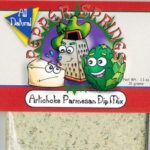

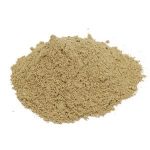
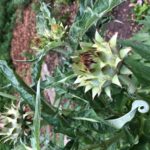
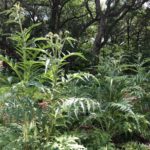
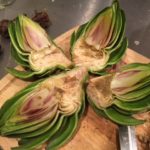
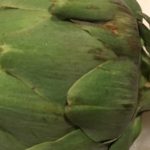
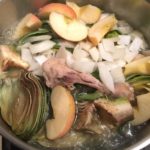
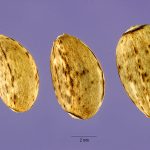
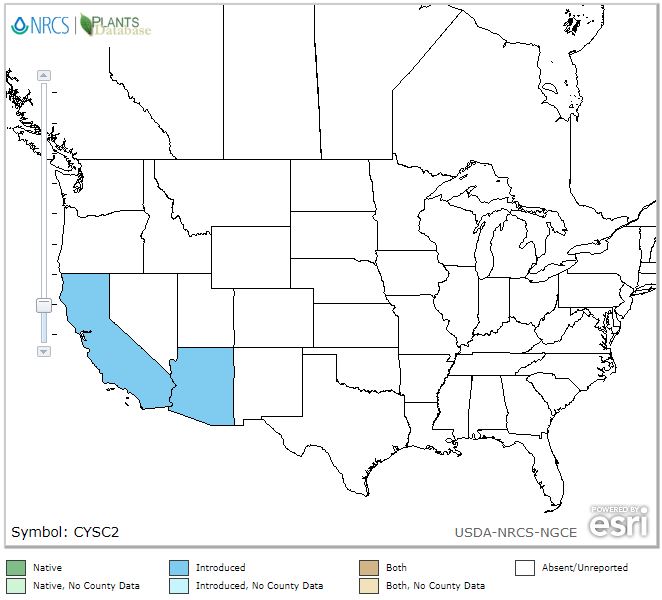
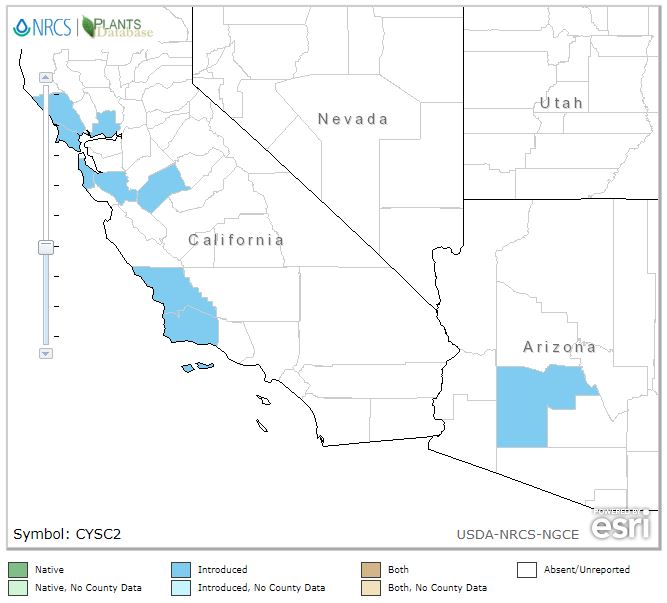
0 Comments